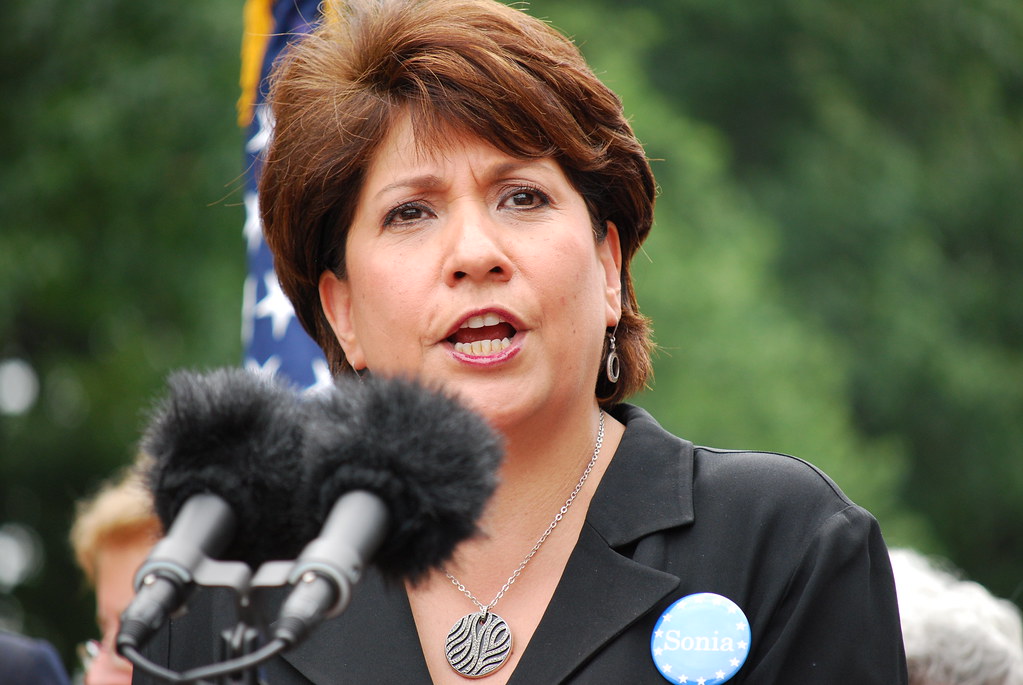On Thursday, January 20, Democratic Representative Jim Himes (Connecticut's 4th District), Chair of the House Financial Services Committee's Committee on National Security, International Development and Monetary Policy, held a hybrid hearing, the first in the year, entitled “Race, Ethnicity and the Economy: How Improving Economic Opportunity Benefits All”.
In the hearing, the selected members of the committee were able to debate the issue of economic disparities that greatly affect immigrant and African-American communities, and present future proposals and strategic public policies to face the discriminatory and exclusionary policies applied throughout the history of the United States.
At that moment, Janet Murguía, president and CEO of “UnidosUS”, organization on the civil rights of Latinos in the US, pointed out the importance of approving the spending plan, the Build Back Better, of President Biden, to promote economic reform and of immigration. She also considered that the perpetuated economic disparities have structural causes.
The gender inequality issue also contributes to the economic disparity that impacts Latino families, especially those headed by women. A
survey conducted last year demonstrated that for every $1 that a white, non-Latino man earns, only 57 cents is paid to Latina women, which means they need to work at least almost two years for equivalence.
Murguía also presented to the committee that the economic disparity among the African American population is even greater, revealing that these families have an average annual net worth of US $24,000 compared to US $36,000 for Latino families and US $188,000 for white, non-immigrant families, according to “
The Hill” website.
The unequal impact of the
COVID-19 pandemic on the health of Latinos was also recalled by Murguía, who mentioned statistics about the greater probability of death for this group in the pandemic, as well as the lower probability that they have any health insurance compared to the white population.
She further emphasized the importance of the children's tax credit instituted in the Build Back Better, currently stalled in the Senate.
The issue of housing, illustrated by the opportunity to own a home for immigrant, non-white families, was also mentioned by Murguía, who considered that “homeownership is the single most powerful strategy for closing the racial and ethnic wealth gap”, if also linked to investment education and student housing assistance, according to “The Hill” publication.
According to Murguía, “Congress should make college education more equitable by investing in completion grants and canceling student loan debt”.
She added that immigration reform,
Joe Biden's campaign promise, would be beneficial to the US economy as a whole, as “Immigrants have long been part of the solution to labor shortages” despite the declining records of international migration in the United States since last year.
Janet Murguía's intervention can be followed
here.
 flickr.com
flickr.com











